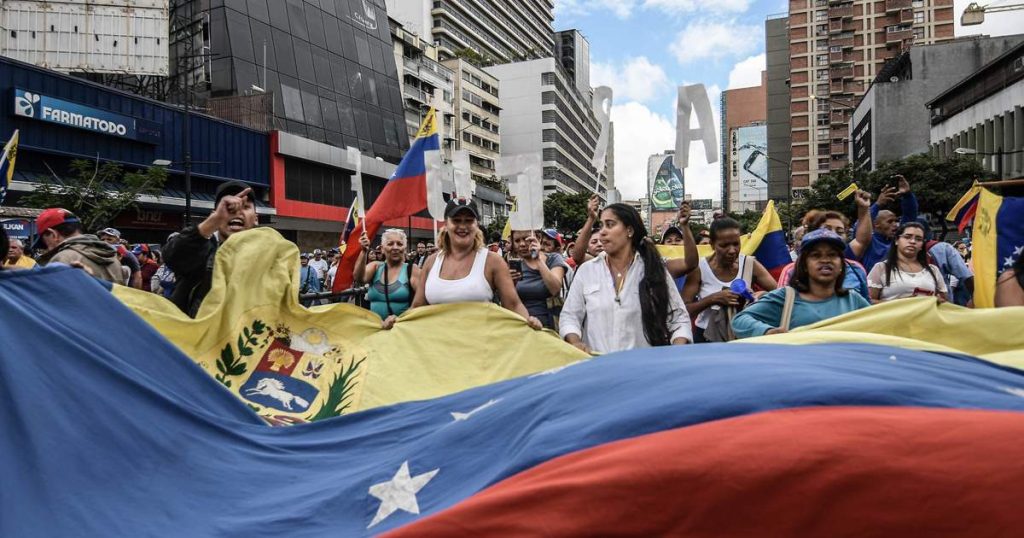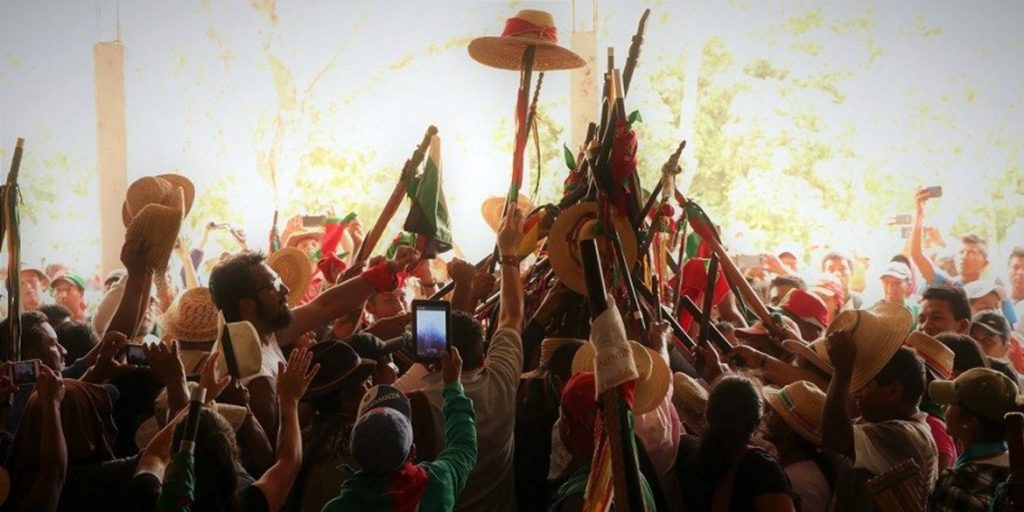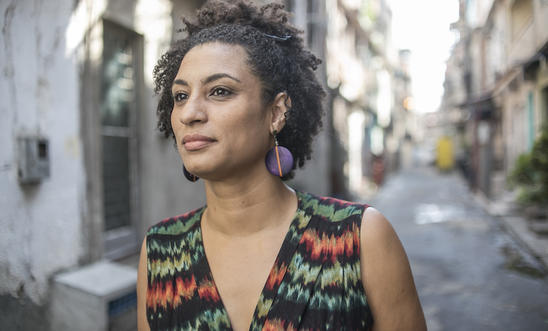In this month’s newsletter, we report on a disturbing regional development as five governments seek to limit the scope of action of the Inter-American Human Rights Commission. There are updates on the situation in Venezuela, Brazil and Colombia, where human rights remain under serious threat, as well as details of a new campaign to defend the rights of women human rights defenders in the Ecuadorian Amazon. There are three options for action, which are highlighted in red.
REGIONAL
The governments of Argentina, Brazil, Colombia, Paraguay and Chile have signed and delivered a statement to the Inter-American Commission on Human Rights (IACHR) calling on “the organs of the Inter-American system”, when taking action, to take into account: the critical importance of the principle of subsidiarity; the measure of autonomy enjoyed by States “to decide the most appropriate way of ensuring rights and guarantees, in order to give effect to their democratic processes”; the strict application of the law in resolving cases brought to their attention; and consideration of the “political, economic and social realities of States”.
Amnesty has described this as a major blow for the victims of human rights violations in the Americas “because it seeks to reduce the independence and autonomy of the organs of the Inter-American system” and a blatant attempt to weaken and shackle the Inter-American system.
VENEZUELA
 Amnesty has been documenting the grave human rights violations and crimes under international law that have taken place in Venezuela since the crisis worsened in January. It has documented extrajudicial executions, unlawful use of lethal force, arbitrary mass arrests and ill-treatment of people who speak out against Maduro’s government.
Amnesty has been documenting the grave human rights violations and crimes under international law that have taken place in Venezuela since the crisis worsened in January. It has documented extrajudicial executions, unlawful use of lethal force, arbitrary mass arrests and ill-treatment of people who speak out against Maduro’s government.
Amnesty has confirmed that at least four people have been killed, more than 200 injured and 205 arrested during state repression of protests across Venezuela since 30 April. It has called on Maduro to put an immediate end to his policy of repression.
Amnesty is calling on the UN Human Rights Council to set up an international, independent and impartial investigative mechanism, such as a Commission of Inquiry, into the abuses and violations committed during the crisis and we are urging the UK Government to work towards this. Please sign the petition here.
Amnesty has launched a new campaign calling for the international protection of Venezuelan migrants and refugees who have fled the massive human rights violations in Venezuela. The campaign seeks to ensure that no Latin American or Caribbean country puts up entry barriers to Venezuelan migrants and refugees and that they refrain from returning people to Venezuela. You can download a copy of Amnesty’s report Welcome Venezuela here..


